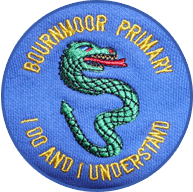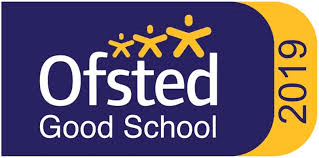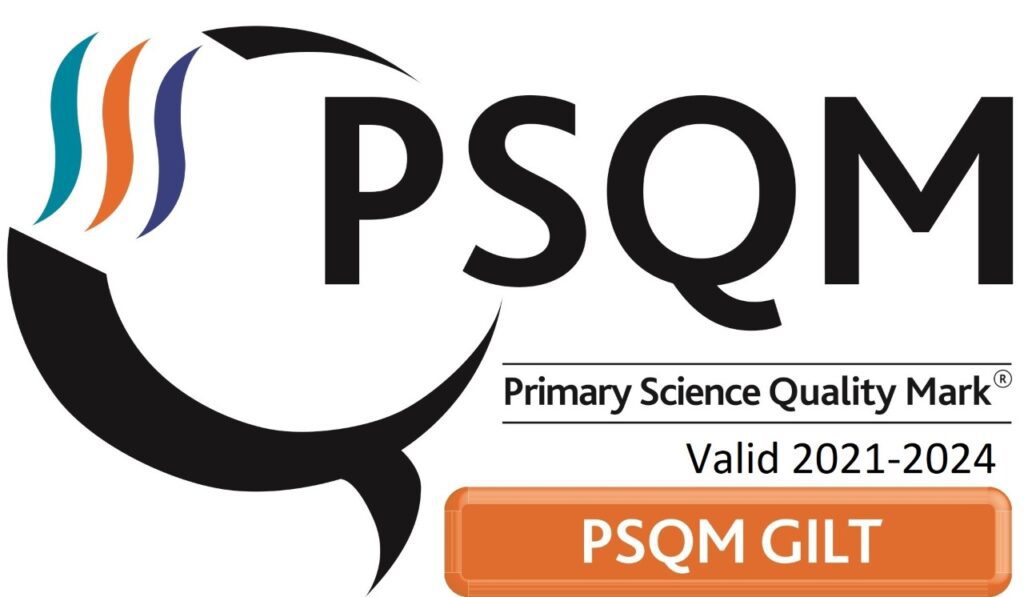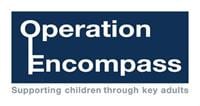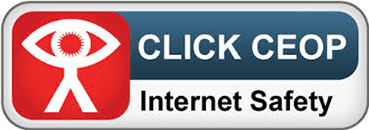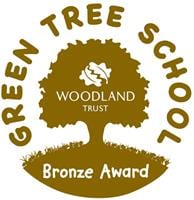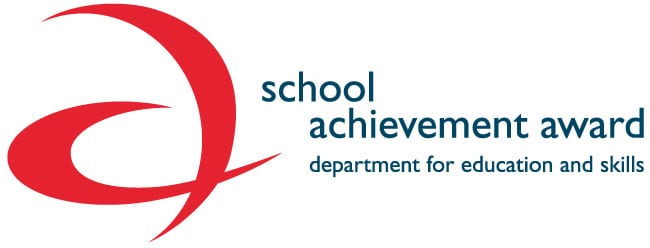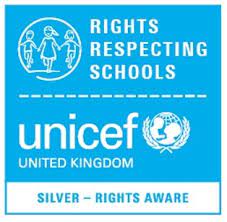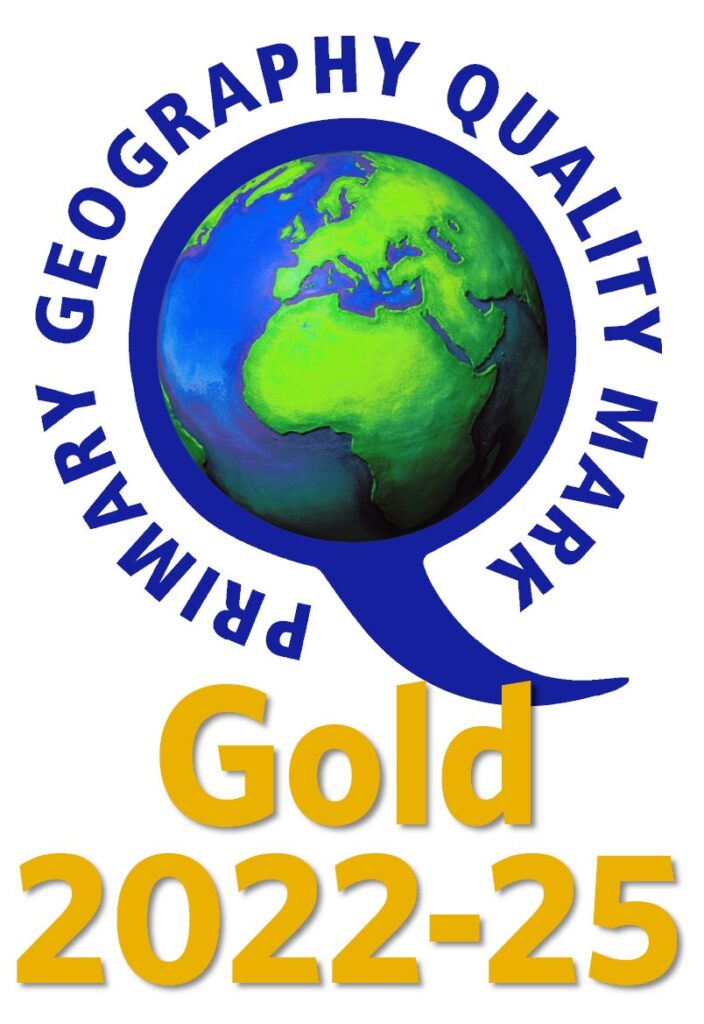Religious Education at Bournmoor Primary School
Religious Education at our school contributes to the aims of the whole school curriculum and has an important part to play as part of a broad, balanced and coherent curriculum to which all pupils are entitled. It helps to promote the spiritual, moral, cultural, mental and physical development of pupils, and prepares them for the opportunities, responsibilities and experiences of later life. RE gives opportunities for pupils to listen to others, hear and analyse conflicting viewpoints and develop empathy and respect. There are three key elements outlined within the local agreed syllabus which underpin the teaching of Religious Education at our school:
- Knowledge and Understanding of Religion
- Critical Thinking
- Personal Reflection

Planning and organisation of the subject
Teachers follow a long-term plan based upon the Durham Locally Agreed Syllabus which provides continuity and progression and outlines the units of work and key questions for each age. Due to mixed year groups in both KS1 and KS2, year groups are on a two-year rolling programme which ensures full coverage of the recommended content and religions. Individual lesson plans linked to each ‘key question’ are available from Durham County Council. Lessons must cover the three elements of RE: Knowledge and Understanding, Critical Thinking and Personal Reflection. All teachers deliver RE across the year and it is at their discretion how they deliver it. For example, they could teach it weekly as a timetabled lesson, using a full afternoon every few weeks or a full day every few weeks which can help to enable continuous enquiry-based learning. Short units based on Christmas and Easter are delivered across one day or two afternoons as advised by Durham County Council.
Teaching styles and strategies
An integral part of RE learning is also school visits to places of worship and external visitors. Teaching activities should allow children opportunities to develop the aforementioned three key elements of RE. Although RE can be taught in a cross-curricular way through a range of activities such as ICT, writing, role-play and investigating artefacts carefully, the focus must remain on the religious education aspect to ensure the correct coverage and teaching.
How the subject is assessed
Foundation Stage
In the Foundation Stage, the children’s progress and attainment in RE should be assessed and reported on in relation to the Early Learning Goals. RE links closely to many aspects of the EYFS curriculum, but particularly the specific area, ‘Understanding the World’. Teachers use observations of child-initiated activities and adult led tasks to collect evidence of the children’s progress and attainment.
Key Stage One and Two
Assessment in RE is ongoing and is carried out informally. This can be in a variety of ways including written work, practical activities and discussions. The benchmark expectations documented in the RE syllabus outline what the children should be able to do by ages 7, 9 and 11 for ‘Knowledge and Understanding’ and ‘Critical Thinking’. These elements are used to plan work appropriately and monitor progress. ‘Personal Reflection’ cannot be assessed but pupils can still make progress in this element. Progress in RE is reported to parents in school reports.
Impact
- The RE long-term plan is well planned and regularly reviewed to ensure that children do not repeat learning with mixed-age classes. It also ensures that there are no gaps within their learning and all core religions are covered in key stages.
- RE is taught well across the school using a variety of different approaches including practical activities, discussions and writing activities. This is evident in books.
- RE is taught consistently across the year in all year groups from EYFS to Year 6 with a different ‘key question’ each half term.
- We ensure opportunities for children to visit places of worship and experience visitors in school.
- School leaders complete a book scrutiny to monitor RE across the school.
- An audit of resources to see what we need to replace and restock occurs to ensure that we can offer stimulating and engaging curriculum resources.
- The subject leader attends network meetings and feeds back to staff on developments within RE.
- The role of subject leaders has been developed to heighten leadership capacity and to enable them to measure the effectiveness of improvement strategies.
- The ability of teachers to plan learning activities that meet the needs of pupils for their different starting points has been a key focus, with positive outcomes.
